“Martin Luther preaches to the people in nature, under a tree.” 19th century illustration.
Series editor’s note: Throughout 2024, “Deeper understandings” will feature teaching scholars of the ELCA reflecting on the many ways that Lutheran theology makes a difference for our daily lives. —Kristin Johnston Largen, president of Wartburg Theological Seminary, Dubuque, Iowa, on behalf of the ELCA’s seminaries
I teach preaching and listen to sermons for a living—you can decide whether you think that is a blessing or a curse! Opinions about what a sermon is and does are as varied as our Christian denominations and as diverse as individual listeners. But, at the very least, what I hope for my students is that they don’t preach boring sermons.
Of course, I want them to engage the factors that make for a good sermon: having a point, being organized, writing well and, perhaps, with some rhetorical flourishes. Of course, I want them to be faithful to the biblical text and seek ways to expand theological imagination. But, even with all that, if you somehow manage to generate a ho-hum experience from an empty tomb and the word made flesh, you have missed the meaning of preaching entirely.
It is the theology of the word that is at work in Lutheran preaching.
Sola scriptura—word alone—is one of the major tenets of the Lutheran faith. The importance of the word as the proclaimed and revealed presence of God undergirds all good Lutheran preaching. God’s word is performative. That is, it brings into being what it says, and it does what it says. The world was created through God’s word. In the sacraments of baptism and communion, it is God’s word in, with and under the elements of water, bread and wine that brings God’s grace-filled presence to bear. And in Jesus, God was and continues to be made known to us as the Word made flesh.
It is this theology of the word that is at work in Lutheran preaching. A Lutheran sermon is most certainly based on God’s word, but we trust also that in the word, God is present among us once again.
A sermon is not simply information about the Triune God. If that were so, then the preacher might as well just send out an email to the congregation: “Here’s what you need to know today.” A sermon is not a summary of correct doctrine. If that were so, then it may as well be a pop quiz, with grades given during coffee hour. And a sermon is not a life lesson or a morality tutorial. If that were so, then God’s word would get reduced to a philosophical tenet. What makes a sermon good is when it creates a moment of encounter with the living God.
The promise of the incarnation
When the Gospel of John states, “The Word became flesh and lived among us” (1:14), the verb “lived” is better translated “tented” or “tabernacled.” In Jesus, God is once again tabernacling with God’s people, just as God accompanied God’s people in their wilderness wanderings after they were freed from Egypt.
On Reformation Sunday, the Gospel text quotes Jesus saying, “If you continue in my word, you are truly my disciples, and you will know the truth, and the truth will make you free” (John 8:31-32). Yet this should not be interpreted as an instruction to read the Bible more often. Instead Jesus invites us to abide in him, the Word, rooting ourselves in Jesus’ very presence.
Quite simply, preaching is an experience of God’s grace. A sermon should not explain grace, give a lecture about grace or offer proof of grace—as if any of us could do any of those things in the first place. A sermon brings us into the life-giving experience of a God who enters our human condition so that nothing can keep us apart from God: our excuses, our sense of unworthiness or our sin, in its individual or corporate manifestations.
Quite simply, preaching is an experience of God’s grace.
A sermon reveals to us a God who is with us in all our joys and celebrations, our loves and our living. This is the promise of the incarnation. In our world full of words, a sermon is the moment when God’s word breaks through and says, “Here I am.”
The first Easter sermon, preached by Mary Magdalene in the garden, sums it all up. When Jesus calls her name—“Mary!”—it is in hearing her name that she recognizes the risen Lord. Jesus then charges her with preaching the good news: “Go to my brothers and say to them, ‘I am ascending to my Father and your Father, to my God and your God’” (John 20:17). Notice that Mary Magdalene neither announces what Jesus tells her to say nor returns to the disciples to say, “Christ is risen! He is risen indeed! Alleluia!,” which would have been a safe and doctrinally sound sermon. Instead Mary preaches what a sermon does.
Jesus found her weeping in the garden. Grace says to her, “I am here, Mary.” She has encountered the living Christ. There is nothing else to say but “I have seen the Lord” (20:18). Therein lies the purpose of the sermon.
Get this column in your inbox: Visit livinglutheran.org/subscribe and sign up for the free email digest “LL Stories.” Receive the digest weekly, biweekly or monthly, and select the categories that interest you. (“Deeper understandings” is a “Voices of faith” column.)
Read more about:


